By Rebekah Lattin-Rawstrone
There’s nothing like an evening of readings from brilliant writers to make a summer evening special and this term’s City Writes on the 5th July was a festival of writing filled with moments of tension, terror and tenderness.
We kicked off the evening with the first of our competition winners, Novel Writing and Longer Works alumnus, Richard Hastings, who read from his novel-in-progress. The extract, ‘Jumble’, took us into old boxes in his character’s mother’s cupboard where it turns out she’d kept the right half of several pairs of his old childhood shoes, right down to one tiny little wellington boot. The whole audience were drawn into that moment of connection between mother and son.
From the importance of one set of objects to the embodied resonance of a piano, we took a step into memoir and the importance of the matrilineal connection of music next with Novel Studio alumna, Helen Ferguson, who read from her memoir-in-progress. We were lucky enough to see, in the background of Helen’s screen, the very piano her extract, ‘My Grandmother’s Piano’, spoke so eloquently about. The words were music to our ears and we look forward to hearing more about this project.
We took a step into the dark and unpredictable world of the social media alias next, in an extract from another Novel Studio alumna, Lana Younis, reading from her revenge comedy, Play The Long Game. The chat buzzed with delight at the northern, scathing voice of the protagonist as she went over her day and discovered some salacious news in her evening bath with her glass of merlot. This is another novel-in-progress we’re eager to read more of.
We stepped away from the horrors in one mind, to the dangers of airport security next with an emotionally taut and affecting short story by Introduction to Copywriting alumna Camille Poole, ‘Brown Male’. Along with Camille the whole audience were moved by sharing the character’s experience of watching her brave, young superhero son face the humiliation of institutional racism, whilst shaming herself for daring to call it out. Such a powerful story that there was a real sense of pause before we could move on.
Novel Studio alumna, Emily Shamma had the difficult task of following Camille, but she took us on her own emotional journey in her piece, ‘Kate’, an extract from her novel-in-progress, The Complicit. The extract followed Kate as she navigated the complexities of a miscarriage that was initially an unintended pregnancy turned from happy uncertainty to grief.
Our audience were certainly on a rollercoaster of feeling that our final competition winner and Novel Studio alumna, Kate Henderson, refused to let us get off. She read her short story, ‘What Happened at Judith’s’, a masterful account of a young girl’s afternoon play date that ended with a painful revelation and a broken arm. Told in spars
- Richard Hastings
- Lana Younis
- Kate Henderson
- Helen Ferguson
- Emily Shamma
- Camille Poole
- City Writes guest, author Emma Grae
e and meticulously navigated prose, it was a fabulous way to end the readers from this extremely talented bunch of City’s Creative Writing short course alumni.
Luckily, we had the joy of hearing from Writers’ Workshop alumna and prize-winning writer, Emma Grae next. Emma read short extracts from both her novels: her Scots Book of the Year 2022 debut, Be Guid tae yer Mammy, published by Unbound in 2021 and her second novel, The Tongue She Speaks published by Luath Press in October 2022.
Emma’s writing is rich with Scots and it was brilliant to get the chance to hear the writing come alive in her voice. Following these extracts, we were treated to a Q&A in which Emma explored not only the inspirations behind her work, but also her publishing journey. Teasing out the importance of valuing all voices and entering into the publishing industry with one’s eyes wide open, Emma gave us much to think about. She also shared great news about her new works, a book in Scots for children and a third novel. We can’t wait to read them.

City Writes Summer 2023 Event was a braw night indeed. If you missed it, you can watch the event HERE. And don’t forget City Writes is a termly event. Find out more and watch out for competition dates on this blog. If this term is anything to go by, the work at City Writes goes from strength to strength.

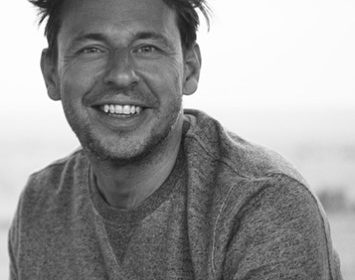

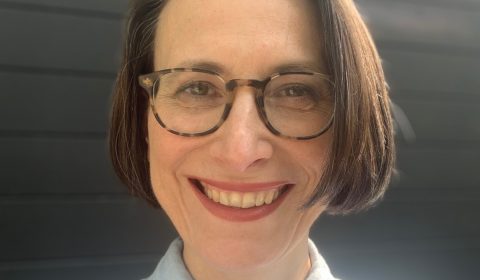


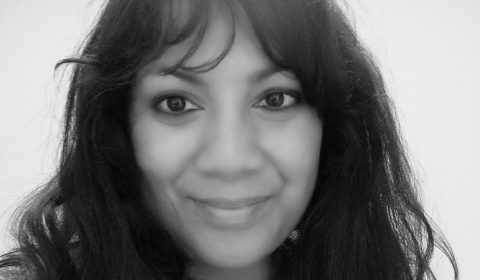
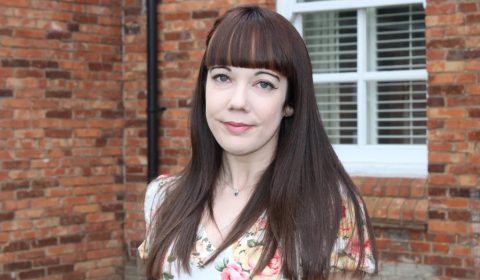



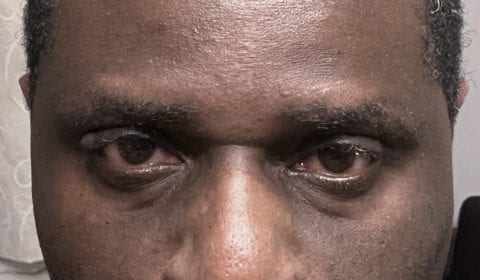










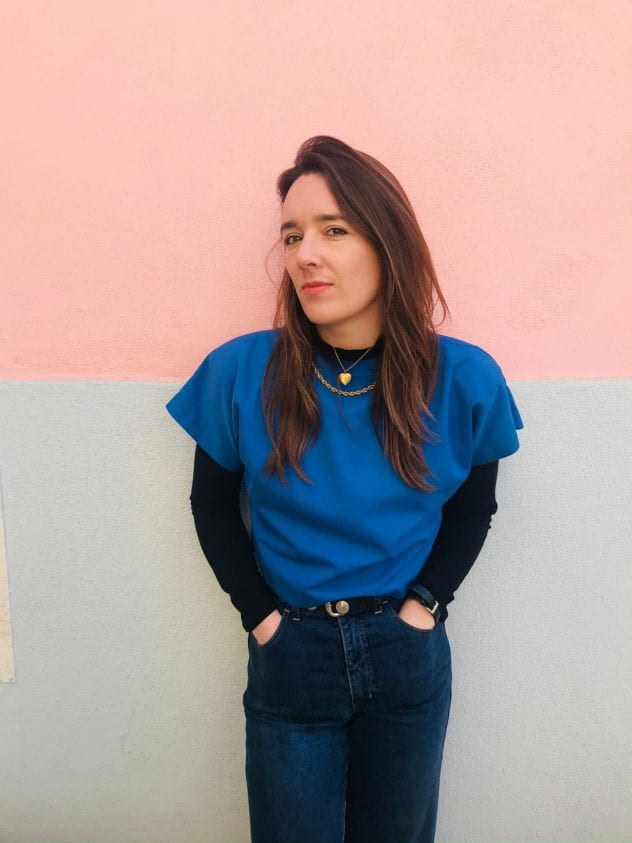









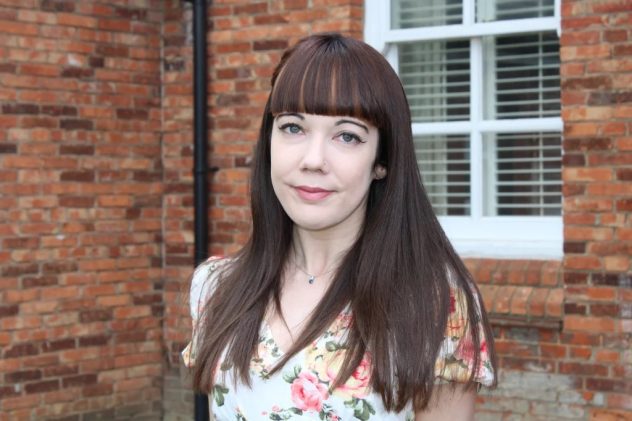

 ny industries, including business, government, and education. By learning Arabic, you can make yourself more competitive in the job market.
ny industries, including business, government, and education. By learning Arabic, you can make yourself more competitive in the job market.




 f our emotions we are the more we can connect with others.
f our emotions we are the more we can connect with others.
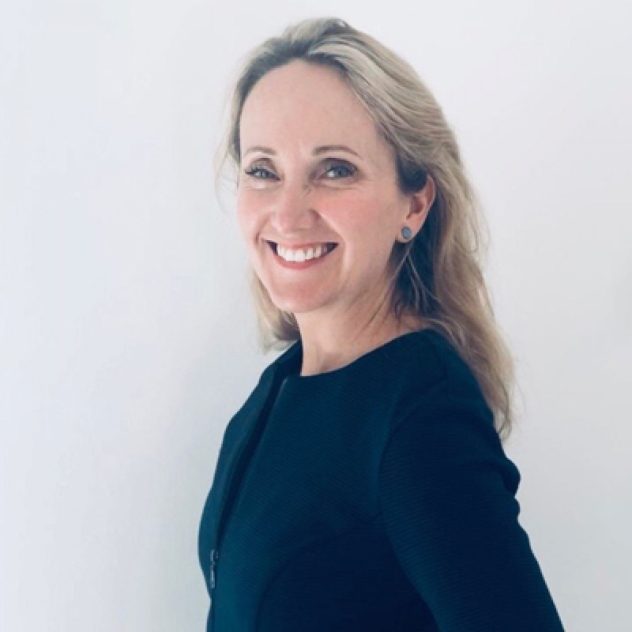


Recent Comments